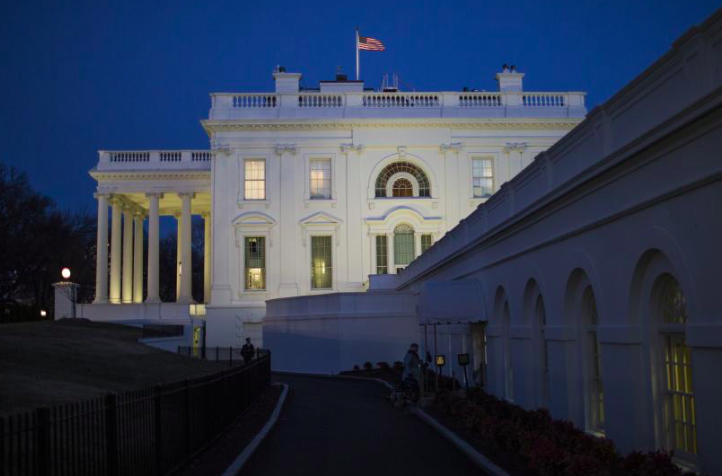US Budget Deficit Hits Record-High $207.8B In May

The U.S. federal budget deficit increased to a record $207.8 billion in May, up 41.5 percent from the same month in 2018.
Analysts said most of the jump can be explained by June 1 occurring on a weekend. This forced some federal payments into May. Excluding this accident of timing, the deficit would still have risen by 8 percent. Spending in May rose by 6 percent while and revenue improved by only 4 percent.
No such accident of timing can explain the U.S. budget deficit ballooning to $738.6 billion in the first eight months of the fiscal year. This number is a $206 billion increase from 2018 despite a revenue boost from president Donald Trump’s tariffs on imported goods, especially those coming from China.
The U.S. Department of Treasury on Wednesday said this eight month shortfall was 38.8 percent larger than the same period in 2018. Thus far into the current fiscal year that began Oct. 1, 2018, a revenue increase of 2.3 percent hasn’t kept pace with a 9.3 percent rise in spending.
The White House keeps claiming tax cuts form the Tax Cuts and Jobs Act of 2017 will pay for themselves by creating more revenue through faster and sustainable economic growth. This isn’t happening, said economists.
The federal budget deficit is forecast to jump to $897 billion in the fiscal 2019-2020 compared to $779 billion last fiscal year. It’s expected to rise to more than $1 trillion in fiscal 2022, according to the Congressional Budget Office (CBO).
Other analysts expect the deficit to hit $1 trillion this fiscal year, however. The CBO said it’ll be close since spending increases coupled with stagnant revenue growth is helping boost the deficit month to month.
Taxes on Chinese goods rose but not to the $100 billion level Trump keeps claiming. Customs duties paid by China amounted to only $4.9 billion in May. This brought the total customs duties paid by China to $44.9 billion in the first eight months of the fiscal year.
Economists said these additional funds have failed to keep the budget deficit from increasing under Trump. This unrelenting rise in the deficit is also being driven by the Republican’s tax cuts act that will add $1.5 trillion to the deficit, and much higher government spending.
© Copyright IBTimes 2024. All rights reserved.





















